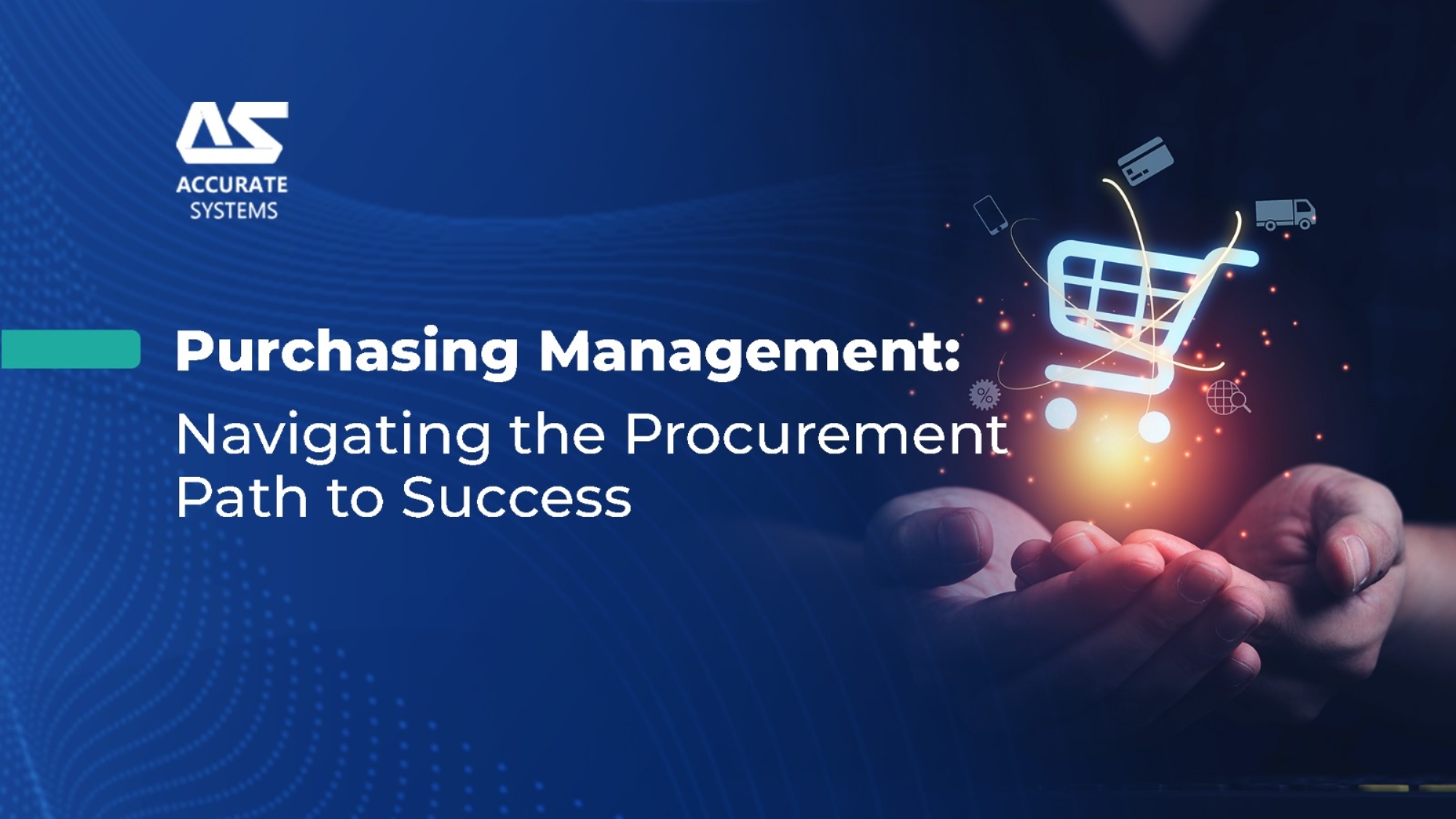Purchasing management, often referred to as procurement management, is a strategic process that involves acquiring goods, services, and raw materials to meet an organization’s operational needs efficiently. It plays a critical role in cost control, supplier relationships, and ensuring that a company has the necessary resources to function effectively. Effective purchasing management is not just about buying; it’s about optimizing the entire procurement process.
The Significance of Purchasing Management
Purchasing management is a multifaceted discipline that goes beyond transactional buying. It encompasses strategic sourcing, supplier relationship management, cost negotiation, and risk mitigation. In today’s globalized and competitive business landscape, organizations must excel in purchasing management to maintain a competitive edge.
Key Components of Purchasing Management
- Strategic Sourcing: The process begins with identifying suppliers, evaluating their capabilities, and selecting the most suitable ones. This involves considering factors like quality, cost, reliability, and ethical considerations.
- Supplier Relationship Management: Building and maintaining strong relationships with suppliers is essential. Collaboration and communication with suppliers can lead to better pricing, quality, and innovation.
- Cost Negotiation: Effective negotiation skills are crucial to secure favorable terms and pricing. Purchasing managers must balance cost reductions with supplier sustainability.
- Inventory Management: Managing inventory levels to meet demand while minimizing carrying costs is a key responsibility. Effective purchasing management can help reduce excess inventory and stockouts.
- Risk Mitigation: Identifying and mitigating risks associated with procurement, such as supply chain disruptions or quality issues, is essential to ensure uninterrupted operations.
Benefits of Effective Purchasing Management
- Cost Savings: Strategic procurement can lead to significant cost reductions and improved profitability.
- Supplier Quality: Working closely with suppliers can result in higher quality products and services.
- Supply Chain Resilience: Effective risk management ensures a resilient supply chain, capable of withstanding disruptions.
- Innovation: Collaborative relationships with suppliers can lead to innovative solutions and product improvements.
Technology in Purchasing Management
Technology has revolutionized purchasing management. Procurement software and e-procurement platforms automate processes, provide real-time data insights, and facilitate communication with suppliers. Machine learning and AI are also used for demand forecasting and supplier performance analysis.
In conclusion, purchasing management is a vital function that goes beyond simply acquiring goods and services. It is a strategic discipline that influences a company’s cost structure, supply chain resilience, and overall competitiveness. In an era of global markets and supply chain complexities, organizations that excel in purchasing management are better positioned to navigate challenges, seize opportunities, and drive sustainable growth.


